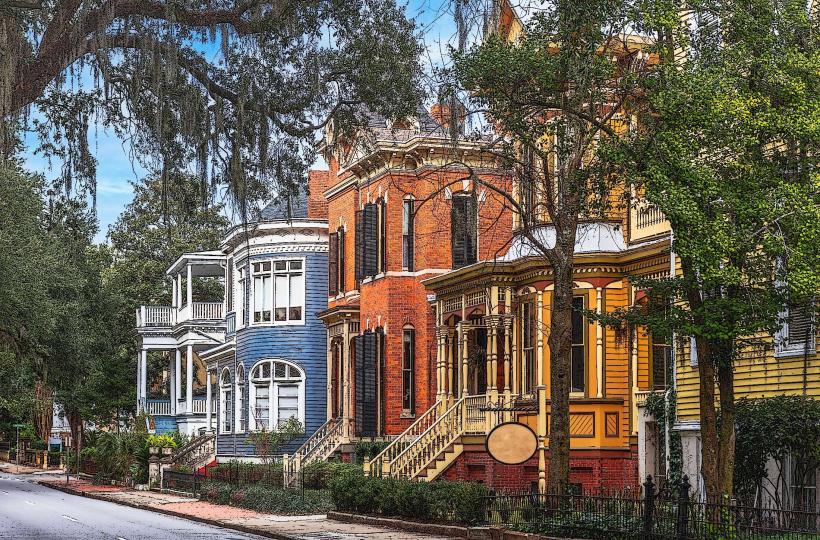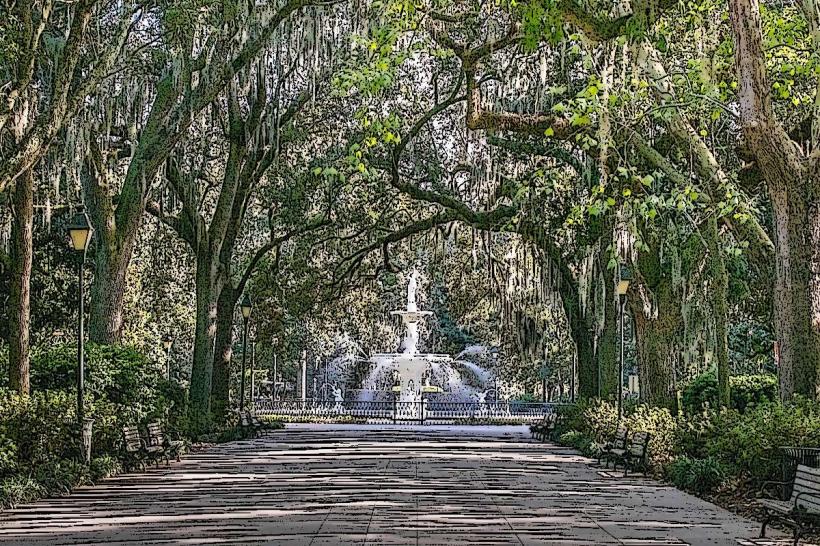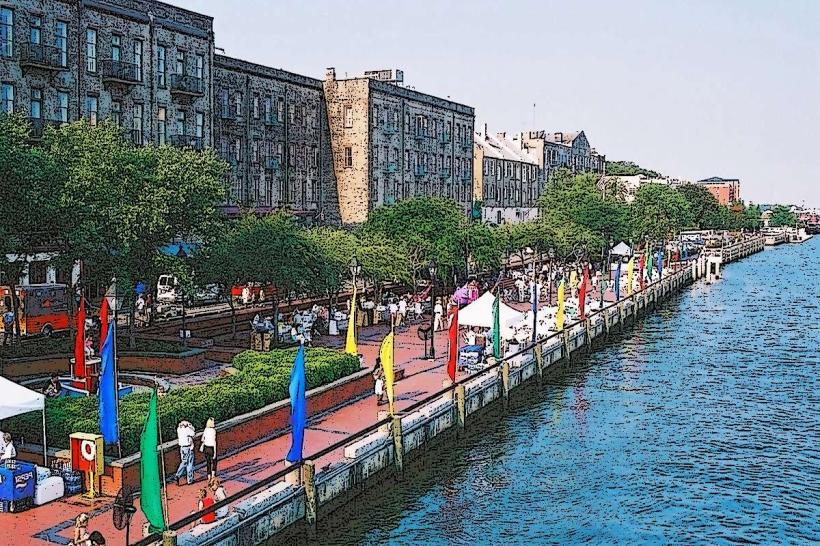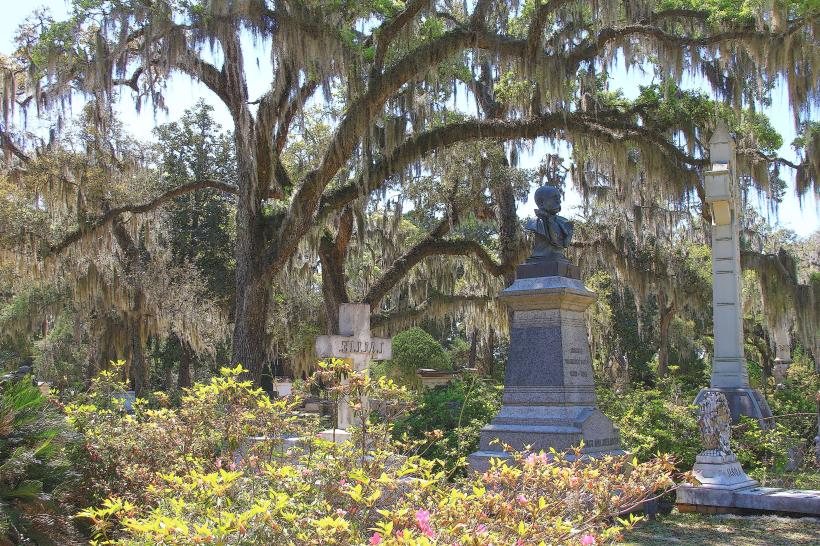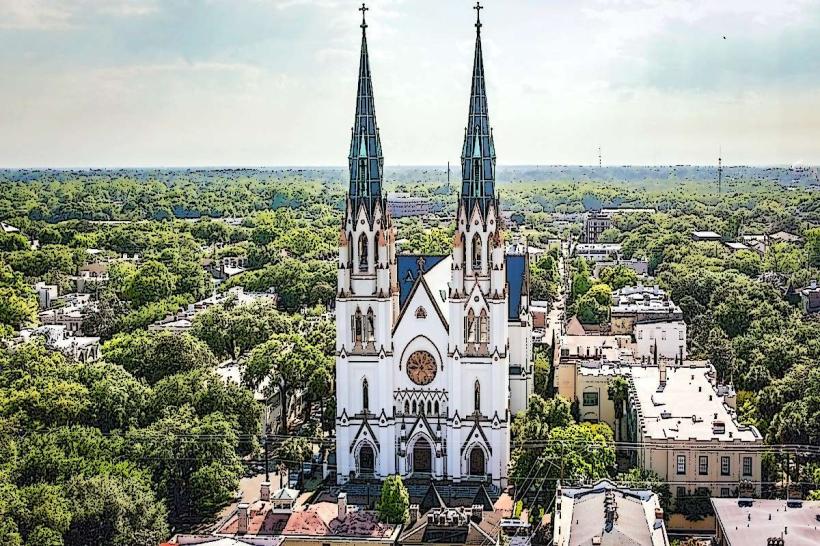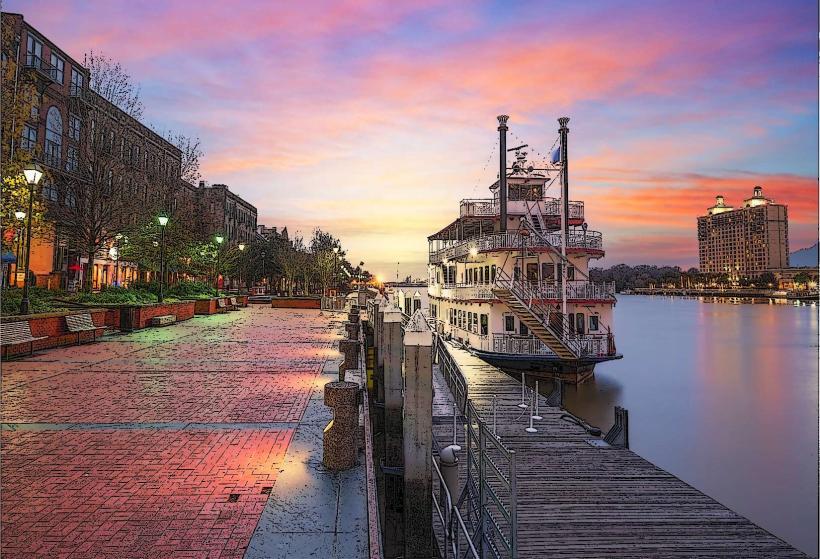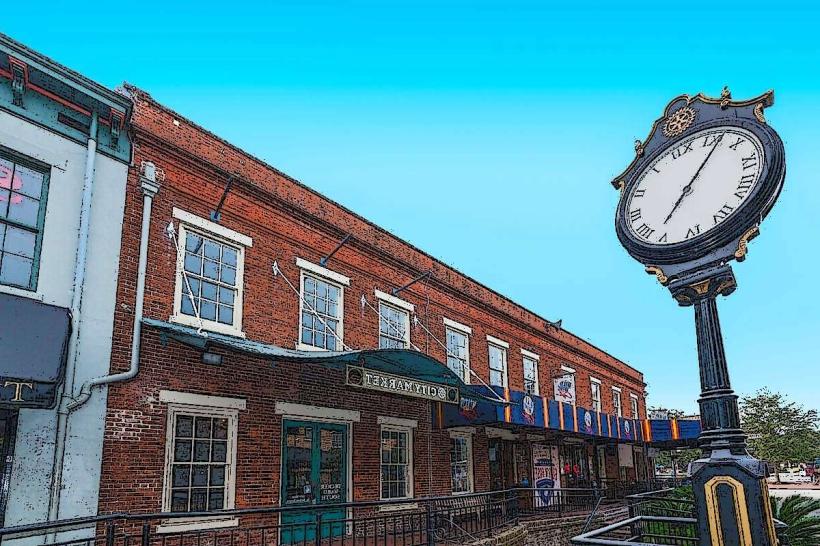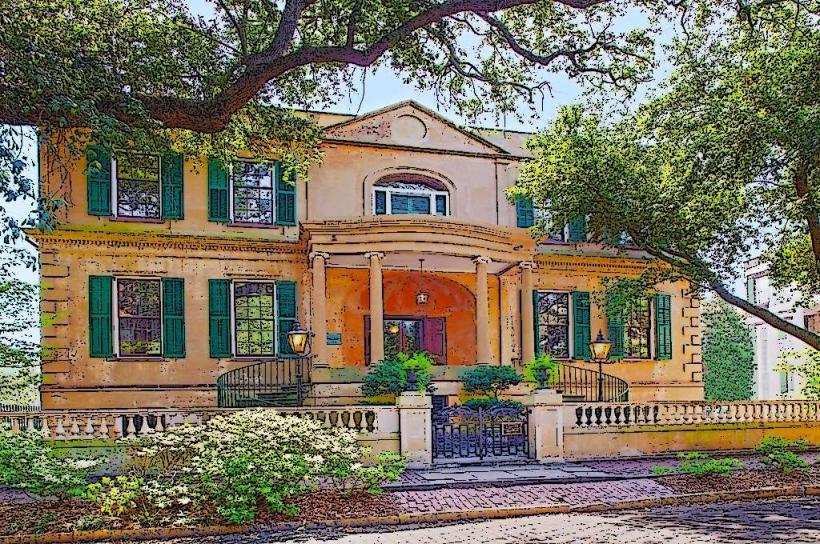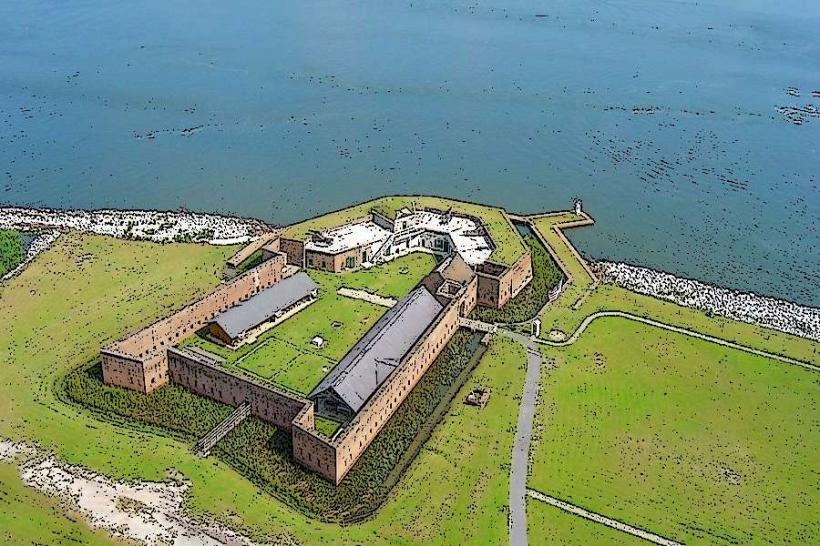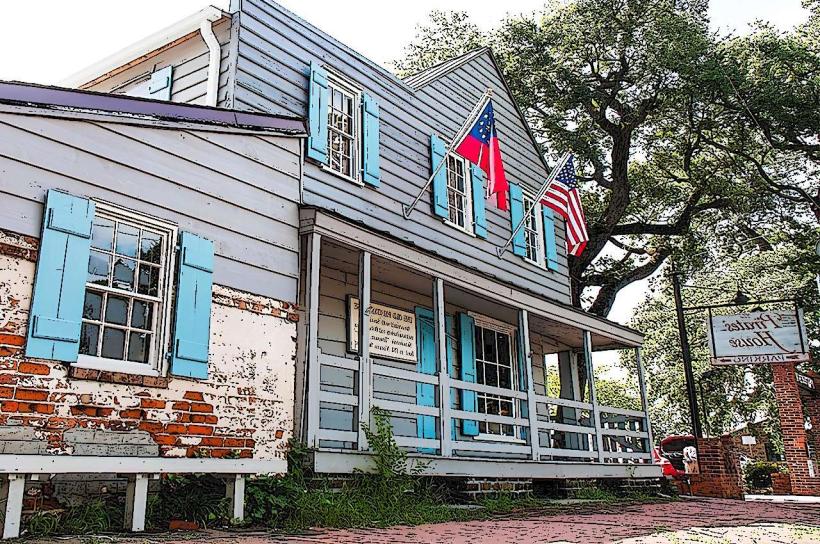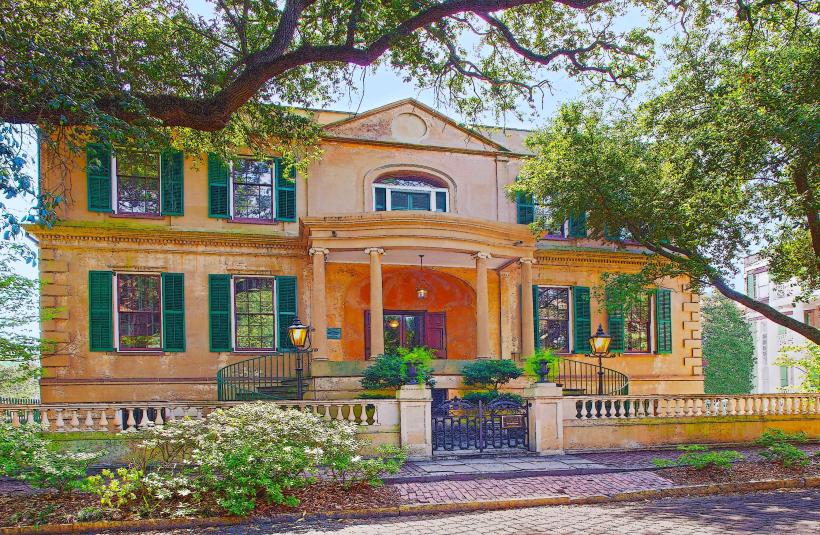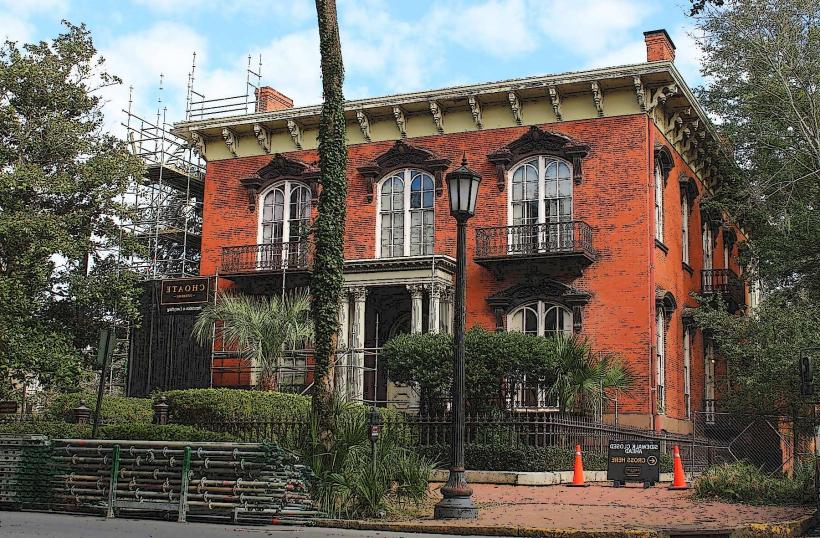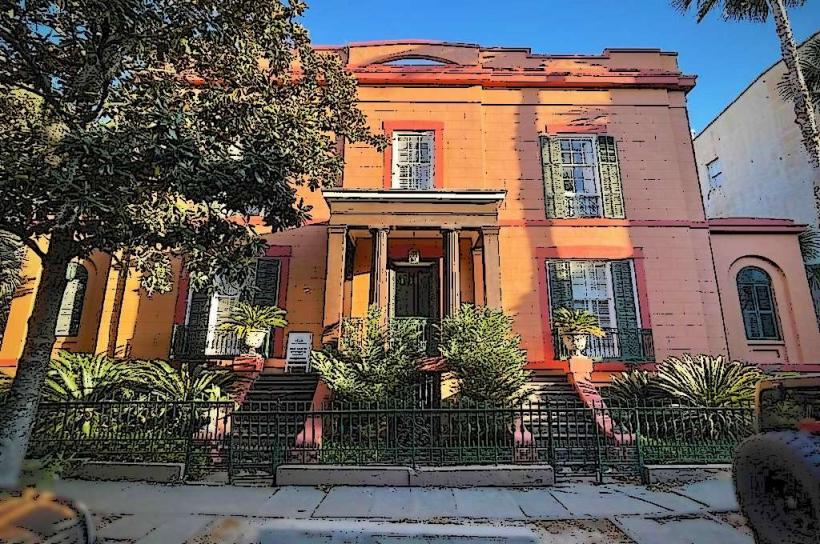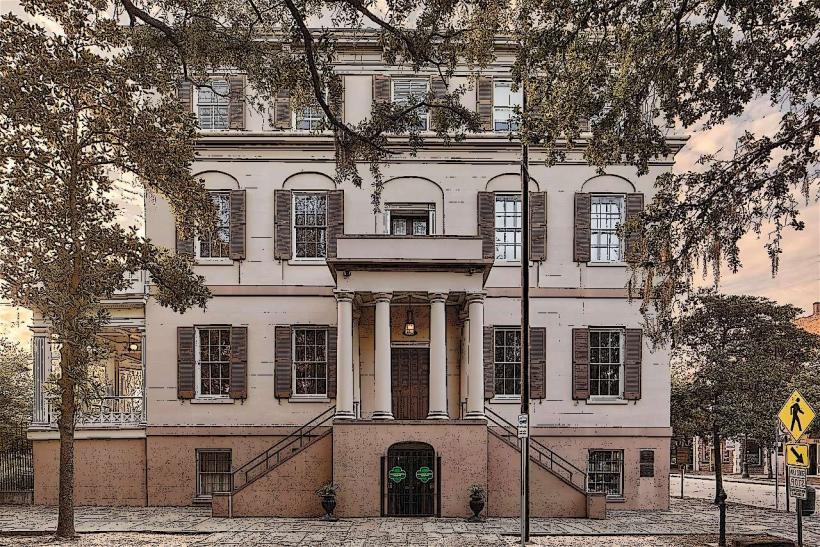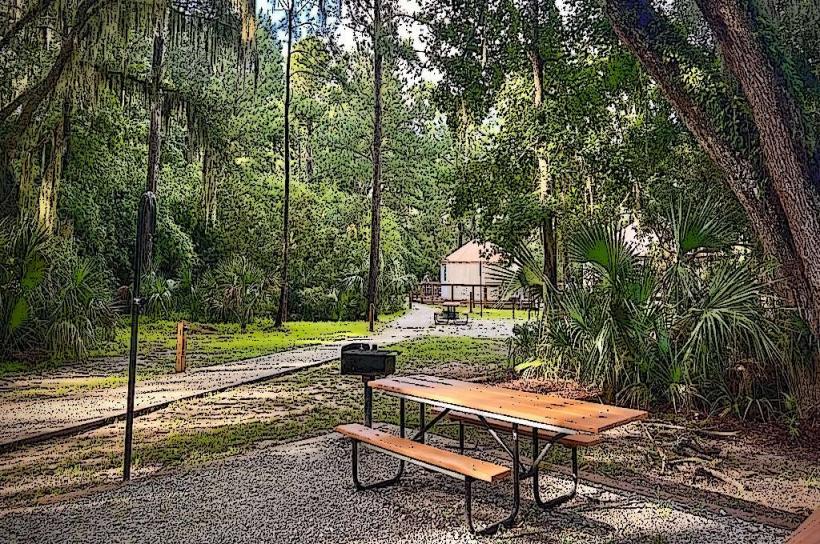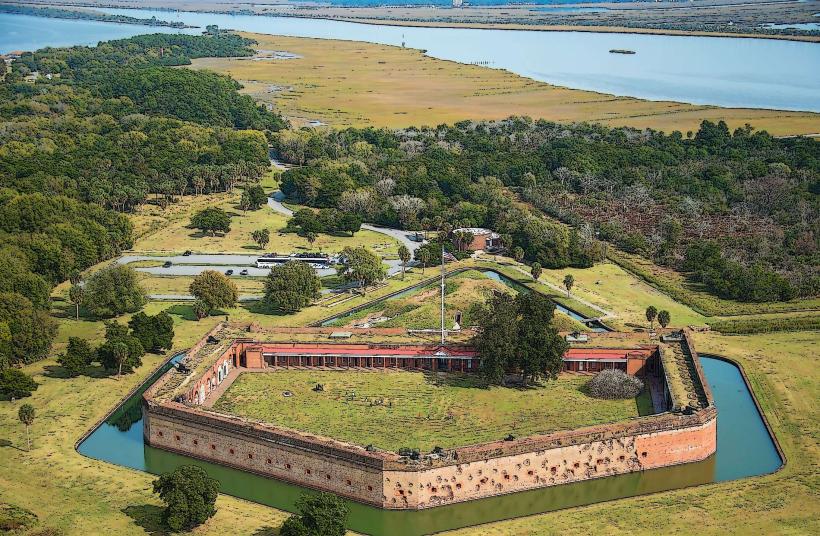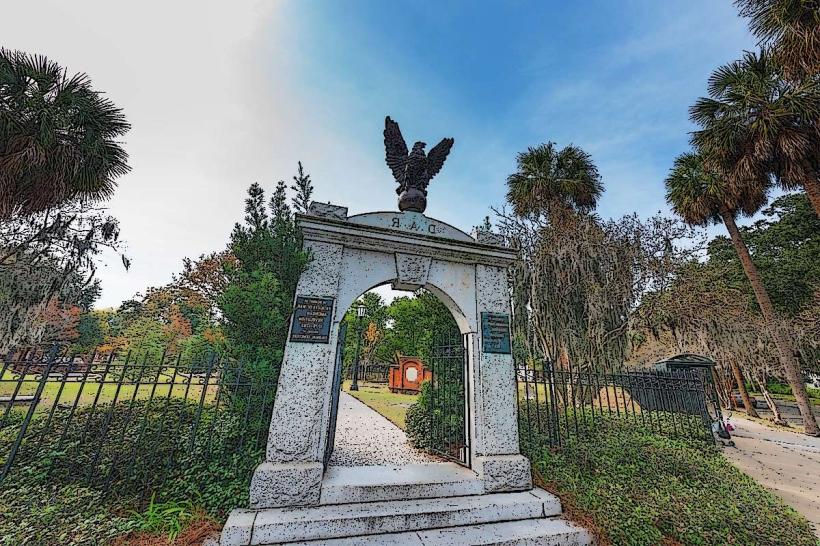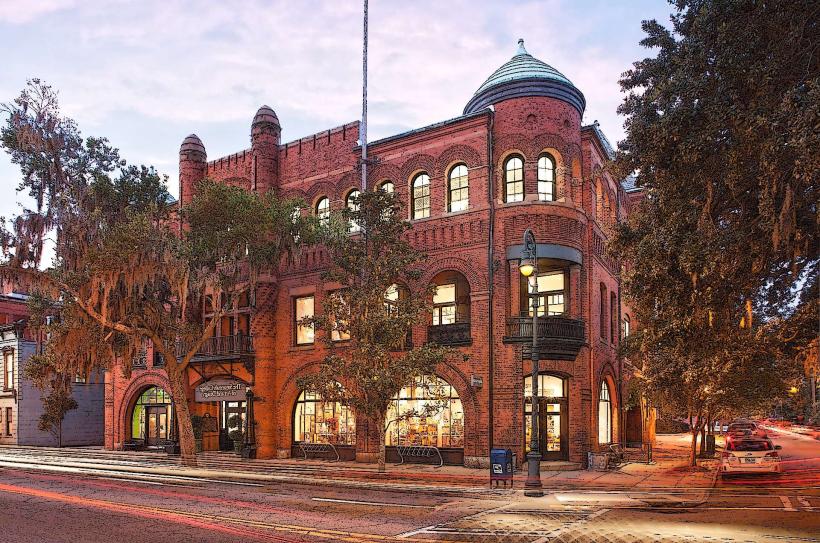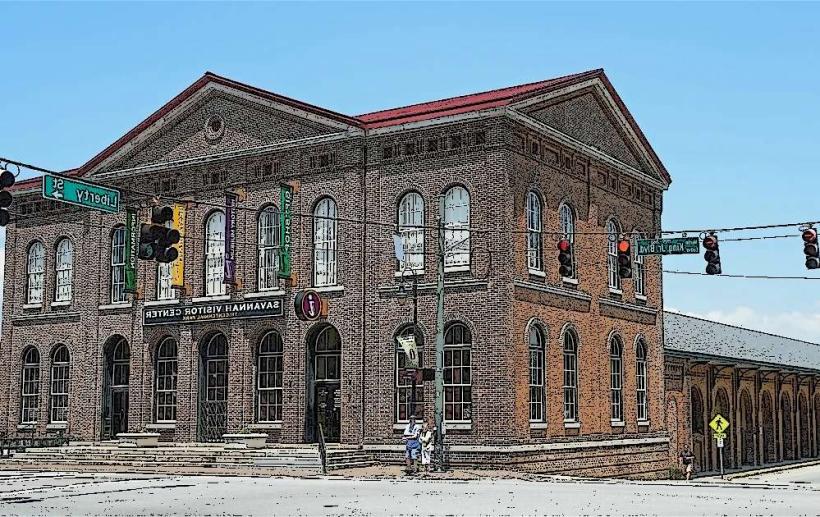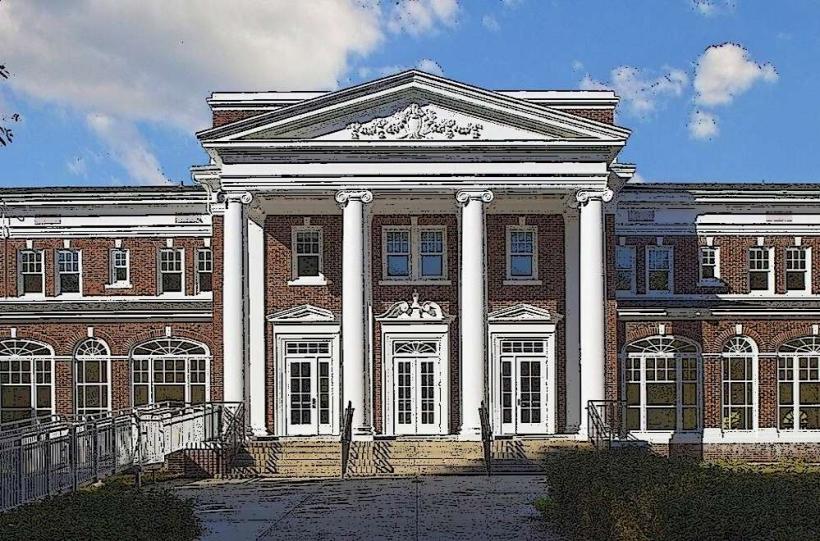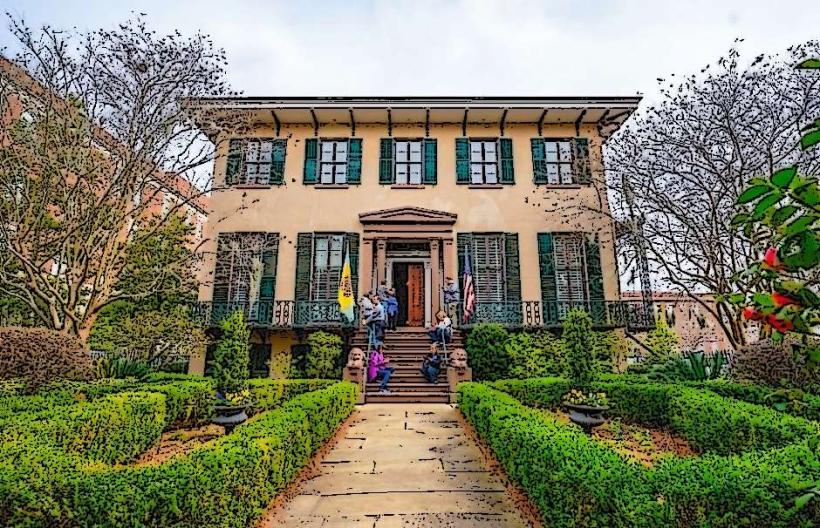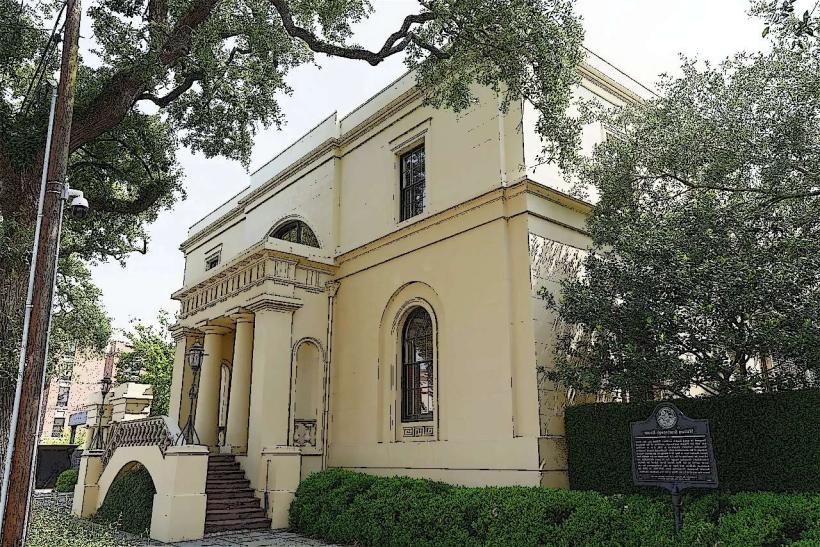Information
Landmark: Wormsloe Historic SiteCity: Savannah
Country: USA Georgia
Continent: North America
Wormsloe Historic Site, Savannah, USA Georgia, North America
Wormsloe Historic Site is a preserved colonial estate located on the Isle of Hope near Savannah, Georgia.
It features a historic tabby house ruin and a scenic oak-lined avenue.
Visual Characteristics
The site's primary visual element is the avenue of live oak trees, approximately 1.5 miles long, draped with Spanish moss. The ruins of the Wormsloe tabby house are constructed from a mixture of oyster shells, lime, and sand, exhibiting a weathered, aged appearance. The surrounding landscape consists of tidal marshes and maritime forest.
Location & Access Logistics
Wormsloe Historic Site is situated at 7601 Skidaway Road, Savannah, GA 31406. It is approximately 10 miles southeast of Savannah's city center. Access is via Skidaway Road (State Route 307). Ample parking is available on-site, including designated areas for buses. Public transport options are limited; the Chatham Area Transit (CAT) bus system does not directly serve the site.
Historical & Ecological Origin
Construction of the Wormsloe plantation began in 1739 by Noble Jones, one of Georgia's founders. The tabby structure served as his plantation home. The site's ecological origin is a coastal Georgia maritime forest ecosystem, characterized by salt-tolerant vegetation and tidal influences.
Key Highlights & Activities
Visitors can walk or drive the oak-lined avenue. Exploration of the tabby house ruins is permitted. A museum on-site provides historical context. Nature trails offer opportunities for walking through the maritime forest and along the marsh. Photography of the avenue is a common activity.
Infrastructure & Amenities
Restrooms are available at the visitor center. Limited shade is provided by the oak canopy along the avenue and at designated picnic areas. Cell phone signal (4G/5G) is generally available within the main visitor areas. Food vendors are not present on-site; visitors are advised to bring their own provisions or dine in Savannah.
Best Time to Visit
For photography, early morning or late afternoon light provides optimal illumination of the oak avenue. The best months for weather are typically March through May and September through November, offering mild temperatures. High tide can enhance the visual appeal of the surrounding marshes.
Facts & Legends
The tabby construction method, using shells and lime, was a common building technique in colonial Georgia due to the availability of materials. A local legend suggests that the moss hanging from the oaks can cause vivid dreams if collected and brought indoors.
Nearby Landmarks
- Bonaventure Cemetery (3.5km Northwest)
- Skidaway Island State Park (8.2km Southeast)
- Colonial Park Cemetery (9.8km Northwest)
- Telfair Academy (10.1km Northwest)
- Owens-Thomas House & Slave Quarters (10.3km Northwest)

